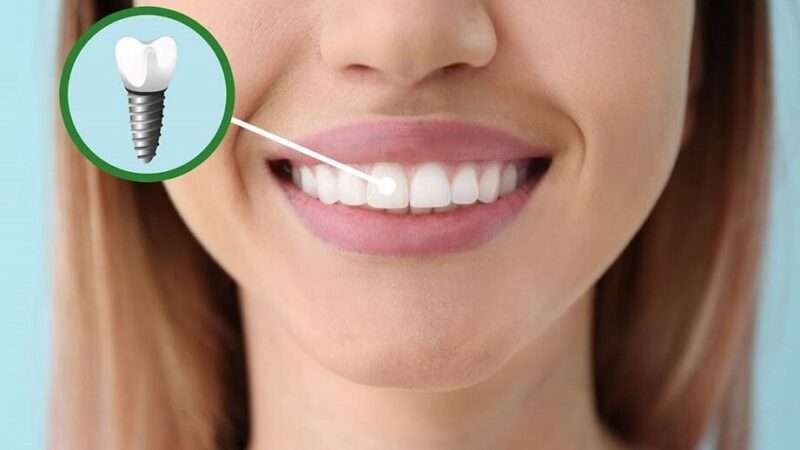Stiff Neck? Try These Simple Remedies
According to the Centre for Disease Control and Prevention, 30-50% of adults in a general population experience neck stiffness. While various reasons can cause neck stiffness, poor posture tops them all! For example, we tend to stare at our phones or computer screens for hours at a time. Such a posture weakens our muscles, causing our joints to become tired and overstretched, such that they no longer move smoothly. What starts as a minor pain can become chronic if you don’t seek proper treatment.
Treating neck pain is more effective when you understand its causes. Continue reading to learn the causes for your neck stiffness and what you can do to cure the pain.
Causes of Neck Stiffness
1. Post-Workout Muscle Tension
Strenuous exercises may cause muscle tension, triggering inflammation and nerve irritation. This discomfort persists for up to three days following a workout routine. Try wrapping a cold pack around your neck and taking an anti-inflammatory pill such as ibuprofen or aspirin to treat your neck pain. Nightly massages or stretching can also help reduce soreness in your muscles after a strenuous workout.
2. Poor Sitting Posture
Slouching strains neck muscles. Avoid leaning forward in your chair with your head tilted upwards if you are sitting in front of a computer all day long. It’s Important to maintain good posture and keep your head at a 30 degrees angle to the monitor to avoid getting a stiff neck. Keep your back, neck, and shoulders well-aligned throughout the day. If you find it difficult to correct your position, consider buying a posture-correcting device.
3. Dehydration

Your muscles function on the same internal fluids as your cells and should be able to stretch and expand to function properly. The less water you drink, the more joint stiffness you’ll experience. Therefore, you need to keep your body well-hydrated to allow your muscles to work well.
4. Incorrect Sleeping Positions
Sleeping on your side or stomach might pressurise your neck. Avoid painful sleeping positions and ensure you have a supportive pillow and a mattress. A mattress that is too firm may also cause a stiff neck.
You should sleep in a position that aligns your back, neck, and head. The pillow you use should neither be too high nor too low. If you like sleeping on your side, a large, firm pillow might work for you. Those who sleep on their backs need a flatter pillow to prevent neck pain.
Other Common Causes of Neck Stiffness
- Arthritis
- Whiplash
- Sports injury
- A fall
- Meningitis
How to Treat Neck Stiffness
Treating neck stiffness effectively varies on the cause. Earlier, we discussed some causes and what you can do to alleviate your neck pain. If the pain persists, try the following remedies:
1. Apply Heat
While some people use ice packs to cure their neck pain, heating pads can also help relax your tensed muscles. If you don’t have heating pads, opt for hot baths to relieve yourself of the muscle ache.
2. Stretching

Stretching is a great way to relieve neck strains. Gently stretch your muscles, moving your head sideways slowly. Roll your shoulders back and forth to release the stress in your muscles.
3. Managing Stress
Work-related stress is another common reason that induces neck pain. Chronic stress can lead to neck stiffness over time. Although it’s impossible completely avoid a stressful situation, there are certain things you can do to manage stress at work. For instance, take short breaks, plan your tasks, follow a schedule, etc. Consult a healthcare professional to learn more tips on minimizing stress-related neck stiffness.
4. Get a Message
A certified therapist can help treat your sore, tense muscles. According to research, an effective massage improves chronic pain for individuals with arthritis. Healthcare practitioners are trained to relieve stress with a body massage, which ultimately treats neck stiffness. Therefore, consulting a good therapist can aid your neck pain.
5. Ice Packs
If you’ve experienced a minor strain, placing an ice pack on the sore muscles can help relieve swelling and inflammation. Ice numbs the affected area temporarily, reducing the pain.
It’s important to note that ice packs can only be used within the first 48 hours of the injury when swelling occurs significantly. Use a towel over the ice pack to avoid getting frostbite. Apply the ice pack after every twenty to thirty-minute interval for best results.
6. Acupuncture
If you’re struggling with neck pain, acupuncture should be your optimum choice! The ancient technique effectively reduces muscle tension, loosening the knots within the tissues. It alleviates muscle inflammation, neck stiffness, and lower back pain. According to research, acupuncture reduces acute neck pain immediately after patients receive the treatment. A single ailment requires multiple acupuncture sittings to be fully treated.

7. Use a Soft Neck Collar
Using a soft neck collar for a few hours a day can relieve muscle strain significantly. Ask your healthcare practitioner to help you get a suitable collar. Even though a collar would help you greatly, avoid using it for long periods as it weakens your muscles.
The Bottom Line
Try visiting a physiotherapist if you’re looking for neck pain relief and aren’t sure what’s causing it. If you’re looking for a physiotherapist in Preston, 5 Star Clinic Ltd can help you. Their experienced Physiotherapists are trained and certified and can diagnose and treat your neck pain effectively. For more details, visit their website.
About the Author
The author of this blog has a Ph.D. in physiotherapy. He wishes to enlighten people with the benefits of natural and safe treatment methods such as massages and acupuncture. He chose to write blogs to reach the maximum audience in a limited time.






